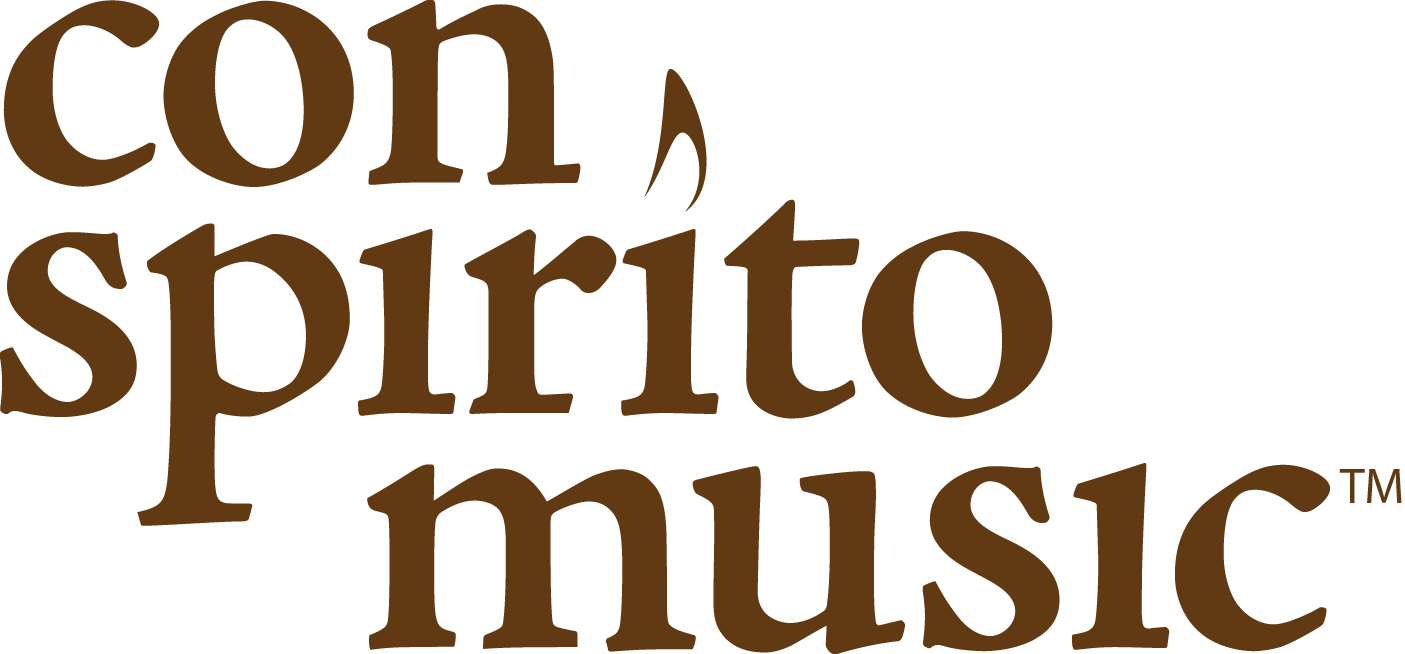Three Evening Canticles were written as part of a setting of choral evensong for Church of the Holy Apostles – Anglican, Fort Worth, Texas. Metrical, mostly homophonic, and conservative in technical challenges and ranges, these canticles are accessible for small choirs and those of moderate ability, yet musically satisfying for large and accomplished groups.
Phos Hilaron (“O Gladsome Light”) is one of the earliest known Christian hymns (ca. 3rd-4th century) recorded outside of the Bible. Intended to be sung at the kindling of lights in the evening, it is sometimes known as the “lamp-lighting hymn” and has been adopted by some Anglican bodies as an optional invitatory canticle in the Evening Prayer service, immediately preceding the psalm(s) appointed for the day.
Magnificat (The Song of Mary) is a scriptural canticle based on an account in the Gospel of Luke (1:46-55). Mary, the expectant mother of Jesus, visits her cousin Elizabeth, the expectant mother of John the Baptist, who will prophetically proclaim the coming of the Messiah. Elizabeth praises Mary for her faith and subjection to God’s will, and Mary responds, “My soul doth magnify the Lord … for he that is mighty hath magnified me … and his mercy is on them that fear him throughout all generations.” The Magnificat is said or sung immediately after the first lesson (scripture reading) in the service of evening prayer.
Nunc Dimittis (The Song of Simeon) is also a scriptural canticle, this taken from Luke (2:29-32). Simeon, a devout Jew, had been promised by the Holy Spirit that he would not die until he had seen the Messiah. When Mary and Joseph bring the infant Jesus to the Temple in Jerusalem for the ceremony of redemption of the firstborn son, Simeon takes the child into his arms and says “Lord, now lettest thou thy servant depart in peace … for mine eyes have seen thy salvation.” The Nunc Dimittis is said or sung after the second lesson in evening prayer.
Texts for Three Evening Canticles are from the service of Evening Prayer of The Book of Common Prayer (2019), Traditional Language Edition, according to the use of the Anglican Church in North America, and they are largely the texts of the 1662 Book of Common Prayer of the Church of England.
SATB/organ score (8 pages, 8.5×11″)
To purchase from JW Pepper
For printed copies or for ePrint/ePrint Go (digital) format, follow this link to the product page on JWPepper.com >>
To purchase from Sheet Music Plus
For digital download, follow this link to the product page on SheetMusicPlus.com>>
